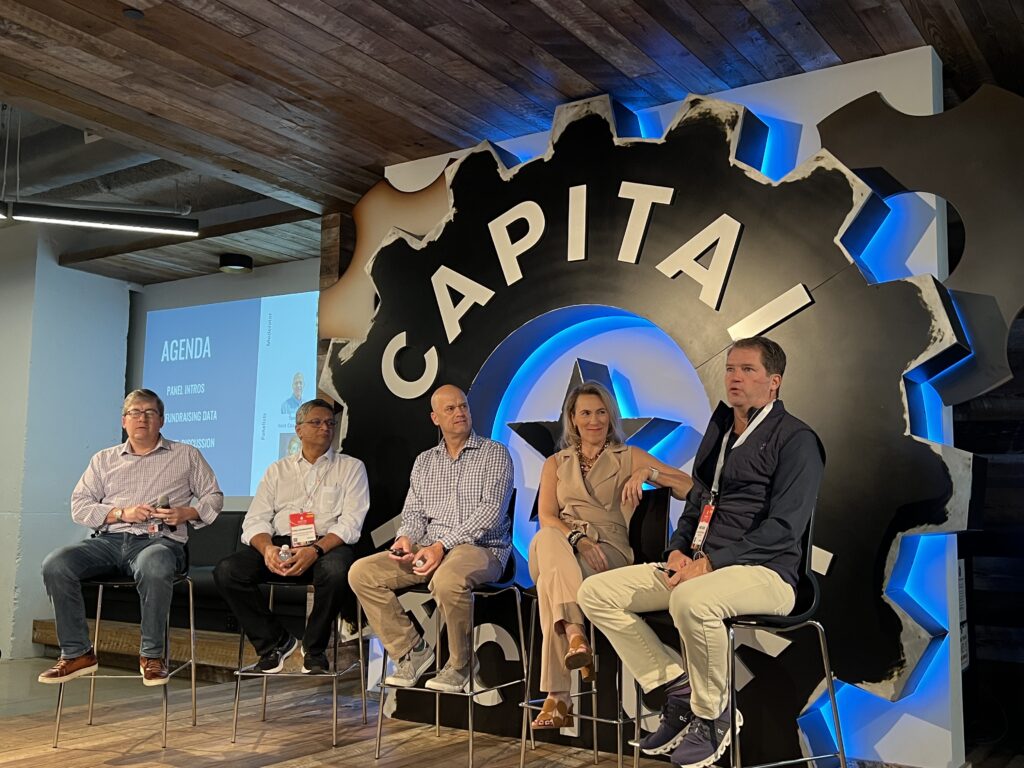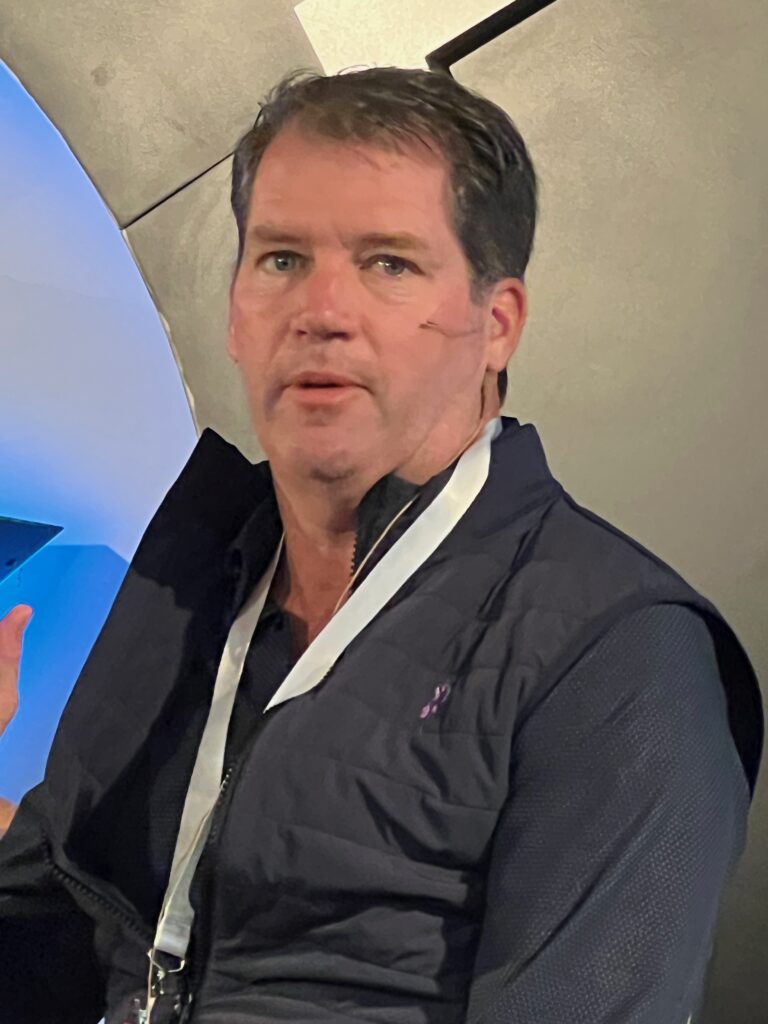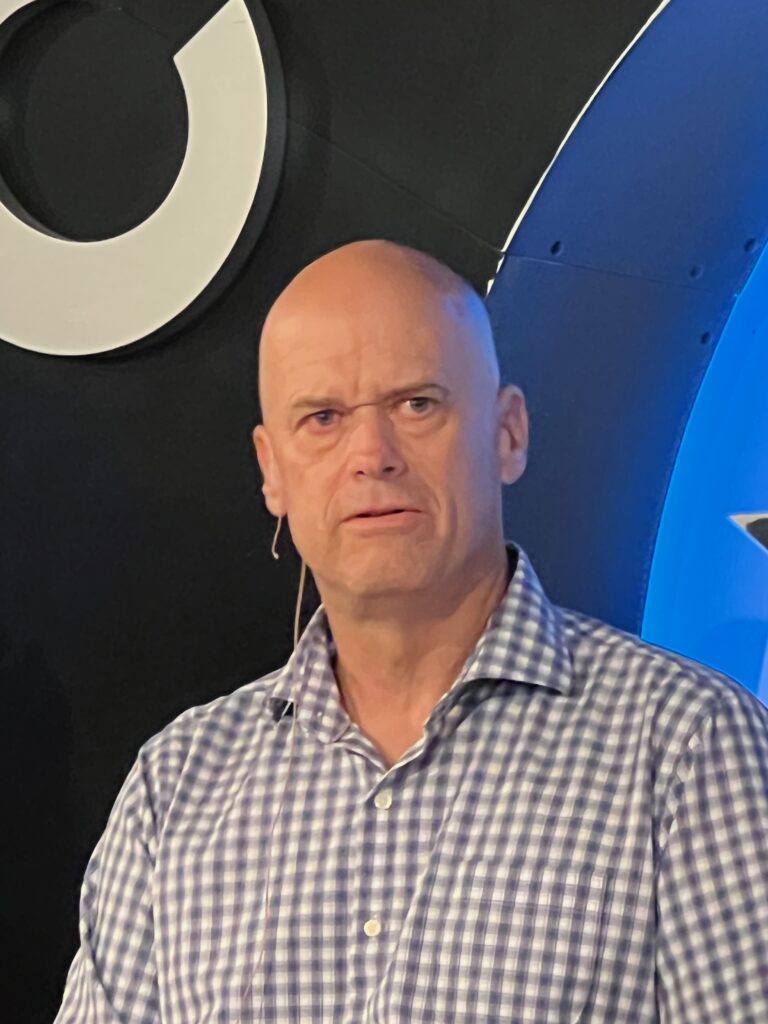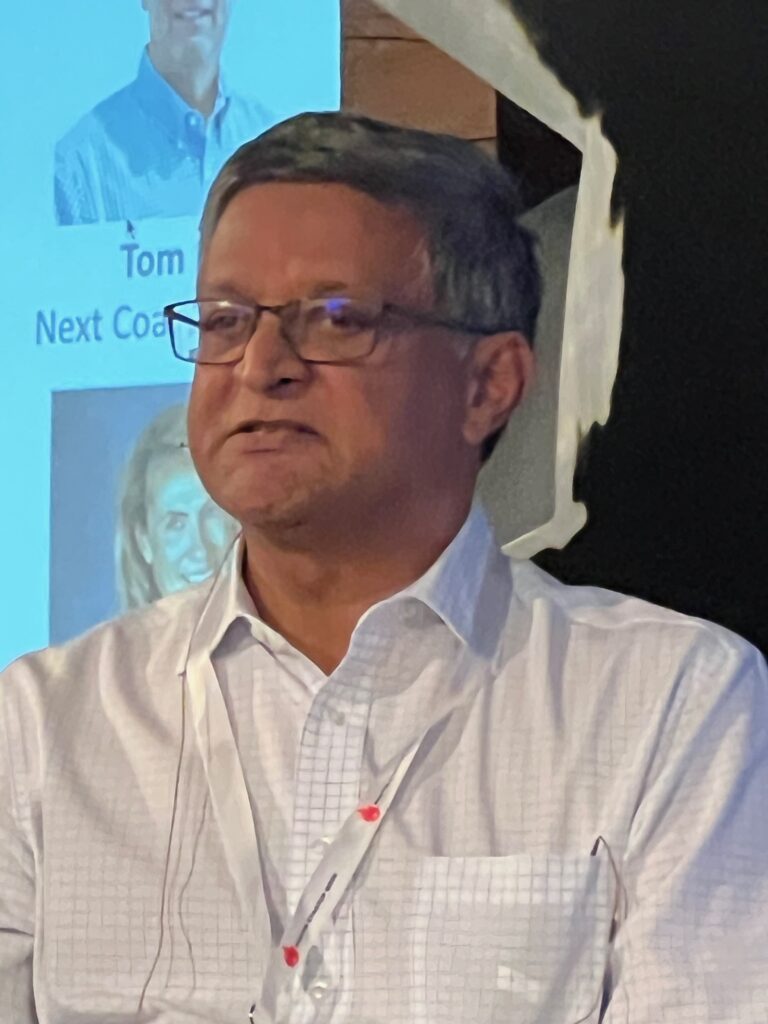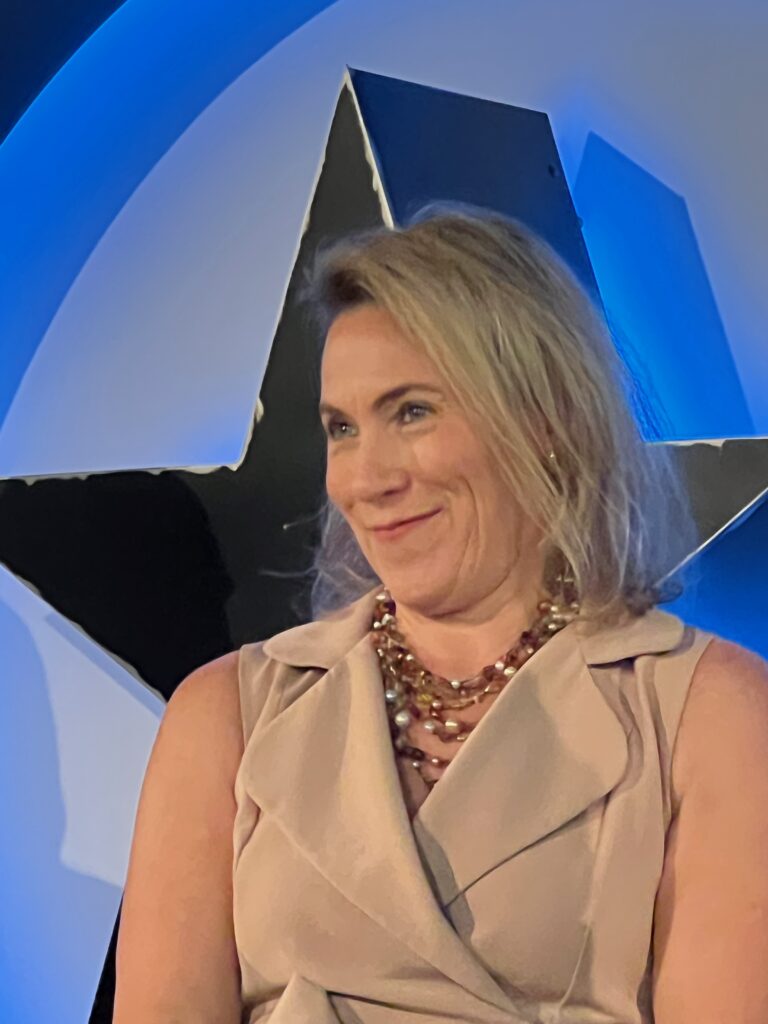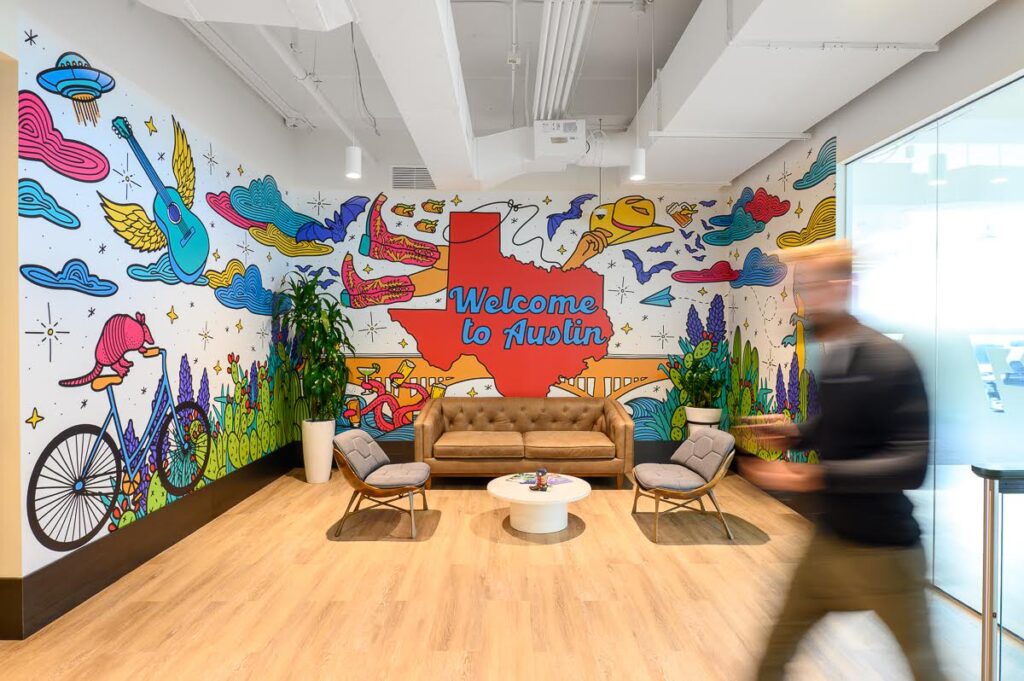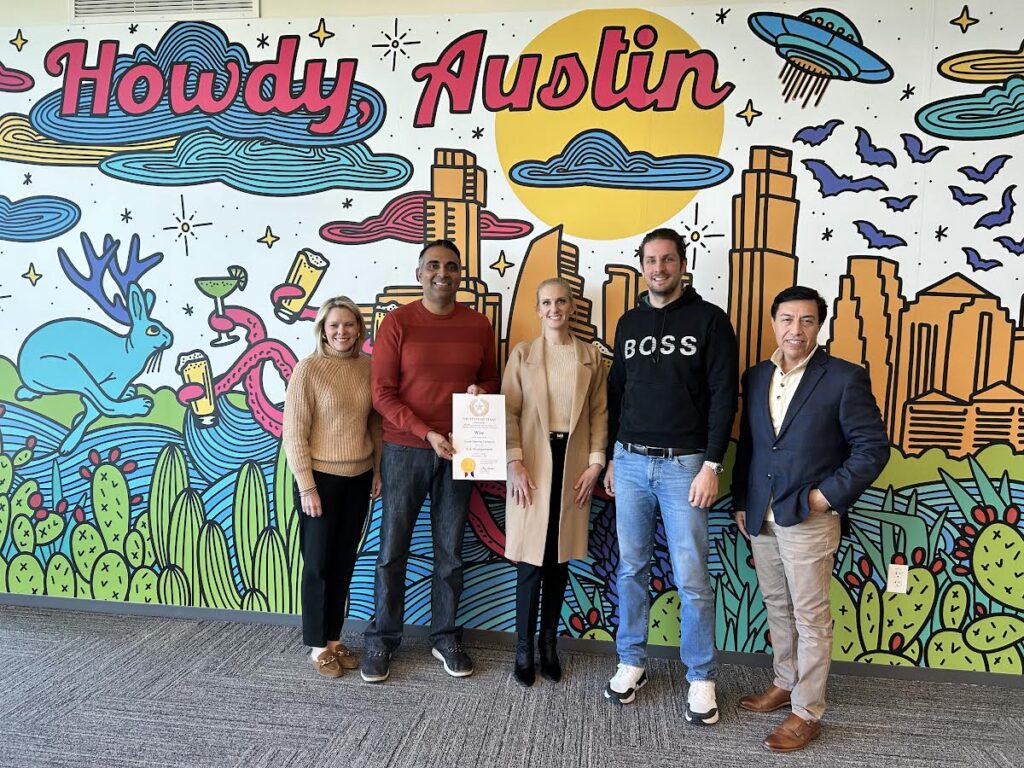In the latest Ideas to Invoices podcast episode, Nilima Achwal, founder of The Female Founders Lab, provides insights from her entrepreneurial journal.
Previously, Achwal founded Iesha Learning, a technology education platform to teach sexual education to junior high school students in India. She also launched and ran SEED, a social enterprise incubation program at Villgro Innovations Foundation in Chennai. In addition, she was a Kiva Fellow in Bolivia and wrote business case studies at the University of Michigan.
In this discussion, Achwal gives her views on entrepreneurship and her commitment to fostering a more inclusive and humanistic approach in the business world.
Some key takeaways from the podcast:
1. Inspiration for Female Founders Lab: Achwal moved to Austin about half a year ago to focus on expanding the coaching accelerator she founded in 2019. She was inspired by the city’s tech ecosystem, which she described as vibrant and collaborative. The atmosphere embraced her like a big hug.
2. Background in Impact Ventures: Achwal has spent 15 years in the impact venture space, working with startups focused on healthcare, education, food systems, media, the future of work, and sustainability. She spent six years in India and has experience in various aspects of the technology industry and startups.
3. Motivation behind Female Founders Lab: Achwal’s motivation to start Female Founders Lab stemmed from her challenges as a founder. She sought to create a more holistic and deep approach to accelerator programs that focused on founders’ whole selves and aligned their vision with tangible results.
4. Challenges Faced as a Female Founder: Achwal highlighted the challenges female founders face in finding mentors and role models. She discussed the importance of creating a space where female founders can be authentic and not feel compelled to conform to traditional, masculine business norms.
5. Importance of Diversity and Inclusion: Achwal emphasized the intrinsic value of diversity in reducing risk in business. She expressed concern about the “hijacking” of the diversity and inclusion narrative by political forces and stressed the importance of aiming for excellence rather than artificially creating diversity.
6. Advice for Women Starting Businesses: Achwal advised women not to get distracted by external noise and to focus on tuning into their vision and values. She highlighted the significance of authenticity and encouraged women to trust their intuition and feelings to gauge if they are on the right path.
7. Fundraising Strategies for Female Businesses: Achwal discussed female founders’ challenges in securing venture capital funding. She advocated for values-aligned investors at the early stages and suggested leveraging angel investors for initial funding.
Achwal also recalled a lesson from her experience as an entrepreneur. She faced huge challenges making inroads in the Indian education industry with her sex education product. She highlighted the importance of surrendering to a larger plan and releasing external pressures. Ultimately, she struck a deal to license her product to Tata, the largest IT company in India. Her perseverance led to a breakthrough, demonstrating the power of staying the course and trusting the process.
You can listen to the entire podcast below or wherever you get your podcasts.








